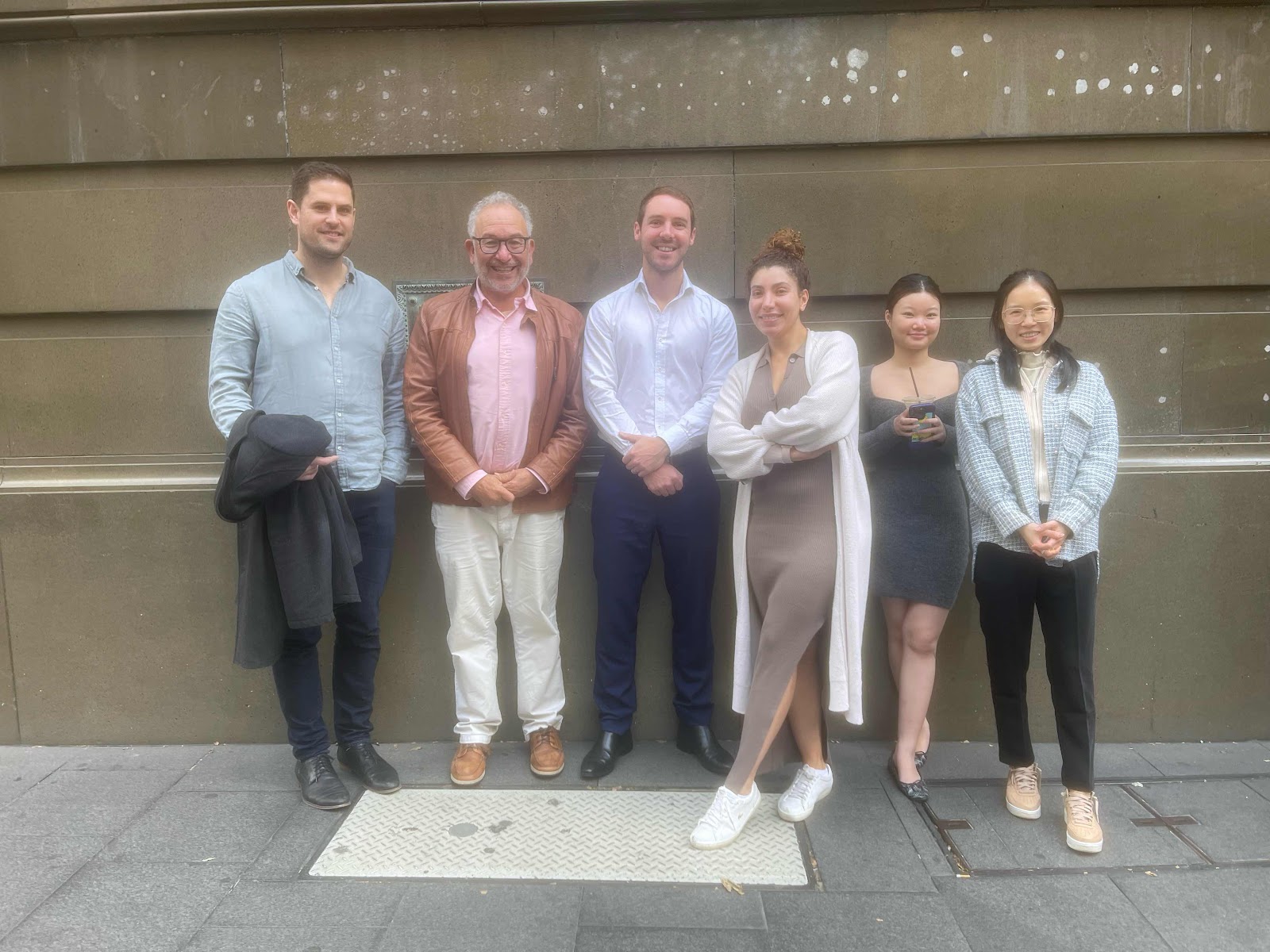 Ivan Kaye and the team at Ark - accounting and financial planning gurus
Ivan Kaye and the team at Ark - accounting and financial planning gurus
Tax rates are being cut from July 1 . The threshold above which the 37 per cent tax rate applies will increase from $120,000 to $135,000, while the threshold for the 45 per cent tax rate will rise from $180,000 to $190,000.
Consider defering your income or pay relevant expenses before June to minimise your tax mobility this year
Michelle shares 7 strategies to help you reduce the amount of tax you pay - or maximise your tax refund .
1. Prepay expenses
Make annual payments for income protection insurance, insurance payments , work-related subscriptions, union fees, technology and work-related travel to claim tax deductions on these related to this financial year. Think about prepaying your interest on mortgages of your investment properties for the year and pre-pay insurances and property management fees.
Because of the tax cut there is actually an advantage to it in the sense that you get a deduction this year at the higher tax rates rather than next year at the lower tax rates.
2 . Delay the receipt of incomeFor business owners, deferring receipts and not invoicing for goods or services until after July 1 can push income into the next financial year,
EOFY bonus payment can be paid in July instead of June.
Defer capital gains by potentially holding off on an asset sale until July.
3. Sell loss-making investmentsTo offset capital gains made during the year, selling any underperforming or loss-making assets before June 30.
4. Make charity donationsWith donations of more than $2 to an Australian deductible gift recipient being fully tax-deductible, they can “be very useful for last-minute tax planning”,
With an immediate tax deduction for the contributed amount, donors can carry forward any unused portion for up to five years if they’ve overestimated their tax liability.
Instead of committing to a single charity upfront, donors can gradually distribute the funds to eligible charities later, giving them ample time to make thoughtful giving decisions.”
5. Repair investment properties
Investment property before June 30 to claim a tax deduction.
Inflating rental property repair claims is on the ATO’s tax deductions hit list this year - so make sure it’s a repair and not an improvement (which can be depreciated over time)
6. Claim work-related expenses
Home office expenses can be claimed using one of two methods, either the fixed-rate method – where taxpayers can claim 67¢ per hour for every hour they work from home – or the actual cost method, where home-based expenses are apportioned to the amount of time they’ve spent working from home.
If you use the actual cost method - you need to have kept records of every expense that they are looking to claim, and “be able to show how they’ve calculated the amount that relates to the working environment and the amount that’s private in nature.
In terms of time spent working from home, taxpayers using the actual cost method either need to have a record of the hours they’ve worked for the whole year or can base their calculations on a typical four-week WFH sample.
7. Max out super contributionsTaxpayers can make concessional contributions to super of $27,500 per year – this includes both employer contributions and any personal contributions you make via salary sacrifice. If you have not maxed out these contributions, have spare cash and are looking to boost your tax deductions, this is a no brainer
Both the payment and notification have to be received by the fund by June 30.
It’s possible that you may not have maxed your super in previous years - Providing your super balance is less than $500,000, you can catch up on up to five years of unused concessional contributions.
thank you
Michelle at
afr for inspiring this article
If you need me to refer you to a good accountant - to help you with these strategies - let me know - would be delighted to assist !
#accounting #tax #taxstrategies #wealth #eofy
